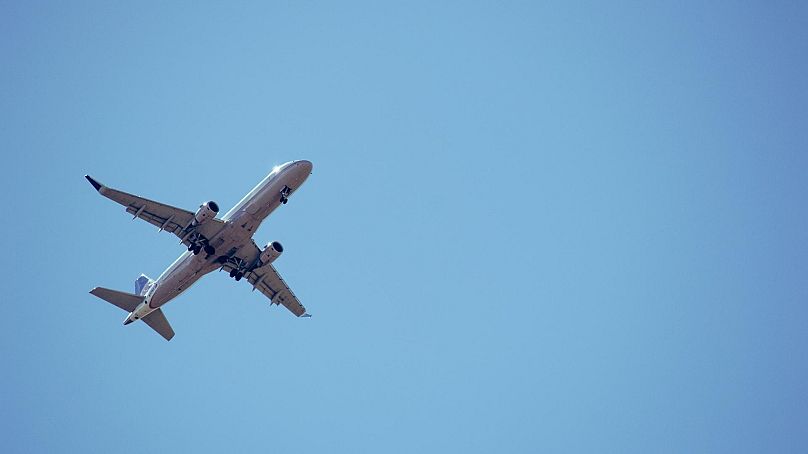Critics say airline subscription service will increase carbon emissions by encouraging people to travel when they otherwise wouldn't.
An airline in New Zealand is launching a subscription service that offers purchasers a three month 'all-you-can-fly' ticket.
Sounds Air general manager Andrew Crawford told local news that the airline had 17,000 spare seats available during the time the tickets are available. The subscription service is aimed at filling these seats as people return to travel after the COVID-19 pandemic.
They aren't the only airline to come up with the idea of subscription air travel either. In February this year, Alaska Airlines in the US became the first in the world to launch a subscription-based flight service.
How does a subscription-based flight service work?
Sounds Air flys to nine destinations across New Zealand. It has 1,000 subscription tickets available that will allow passengers to travel on as many flights as they want in the three month period for NZ$799 (€498).
Alaska Airlines' scheme is a bit more complicated. By buying a flight pass - either the standard 'Flight Pass' or the upgraded 'Flight Pass Pro' - subscribers to this airline will be able to fly up to 24 roundtrip flights per year. They’ll be able to travel between 16 West Coast cities for a starting sum of only €43 ($49) per month.
There is also the opportunity to book flights with a much shorter notice than the mandatory 90 days required by the standard subscription. For access to this perk, the cost of the service can cost up to €660 ($749) per month. And with the Pro Pass, passengers can book their flights up to two hours before take-off.
On top of the monthly fee, subscribers have to pay taxes, airport fees, and the nominal fare, which Alaska airlines estimates to be about €26 ($29.20) for a roundtrip.
It sounds like quite a bargain for frequent flyers, but there’s a catch: - you have to commit to a 12-month subscription, with the only option to cancel at the end of this period.
Encouraging frequent flyers is bad for the environment
This disruptive initiative in the airline industry seems to be a direct response to the expected increase in travelling after two years of pandemic-related lockdowns.
But this could mean a significant increase in greenhouse gas emissions, speeding up global warming
"The [Alaska Airlines] scheme incentivises avoidable air travel, which is very likely to cause avoidable increases in carbon emissions," Sam Jackson, Climate Impact & Partnership manager at Ecologi, tells Euronews Travel.
According to Jackson, 24 roundtrip flights per year is far from ideal in the current state of climate emergency.
"Even 6 flights per year (the scheme offers 6, 12 or 24) is more than an individual wishing to reduce their impact on the planet should be comfortable with taking," he added.
And US citizens are already among those with the highest carbon footprint in the world.
Subscription services, although innovative in the aviation industry, are at odds with the current debate over the climate crisis and the urgency to reduce carbon emissions.
"Instead of approaches like this that encourage more flying, we urgently need to disincentive avoidable air travel as much as we can," says Jackson.
"We need to urge people to think twice about taking extra trips by plane when either they don't need to or make lower-carbon alternatives like trains or buses available.
"And if lower-carbon alternatives like high-speed rail aren't available, particularly in regions that can afford to implement the necessary infrastructure, we should be asking, 'why not?'."












